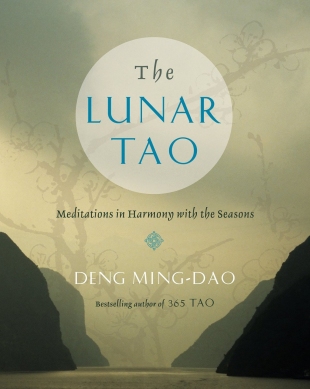Have You Eaten Yet?
" 'Have you eaten rice yet?'
" 'I have — and you?'
"That was the way people greeted one another a generation ago. In today's urbane style, they simply say hello.
"The old greeting reflected the widespread awareness of hunger. A generation ago, many people still experienced famine, starvation, and poverty. Asking whether someone had eaten reflected a natural concern. If people had not eaten, then it was important to feed them.
"On this day to visit others, and especially to have a family reunion dinner, the centrality of eating is important. We share our table, we share our meals. We talk about the past and make plans for the future. Shared dining fortifies us. If you are what you eat, then you are shaped by what you share as you eat. Sharing the same meal reaffirms kinship.
"The traditional family table is round. No corners. No sides. No head. No tail. Everything is smooth. The food is in the center, and each family member reaches over the same distance. Someone you love is next to you on each side, and no one is last or at the end. The person farthest away from you is also the person facing you.
"This planet is also round. There is no 'head' position on a sphere. All parts of the surface are equal. And yet, at the 'round table' of our planet, there are still people who go hungry. There is more than enough to go around. If we share the food at our family table with abundance and joy, we should also take the time to see those who are not at our 'small' family table, but who are silently sitting hungry at our 'large' family table.
"Have you sat in your place in the circle today? Have you eaten yet?
" 'I have — and you?' My gratitude is high as a mountain, flowing like water."
